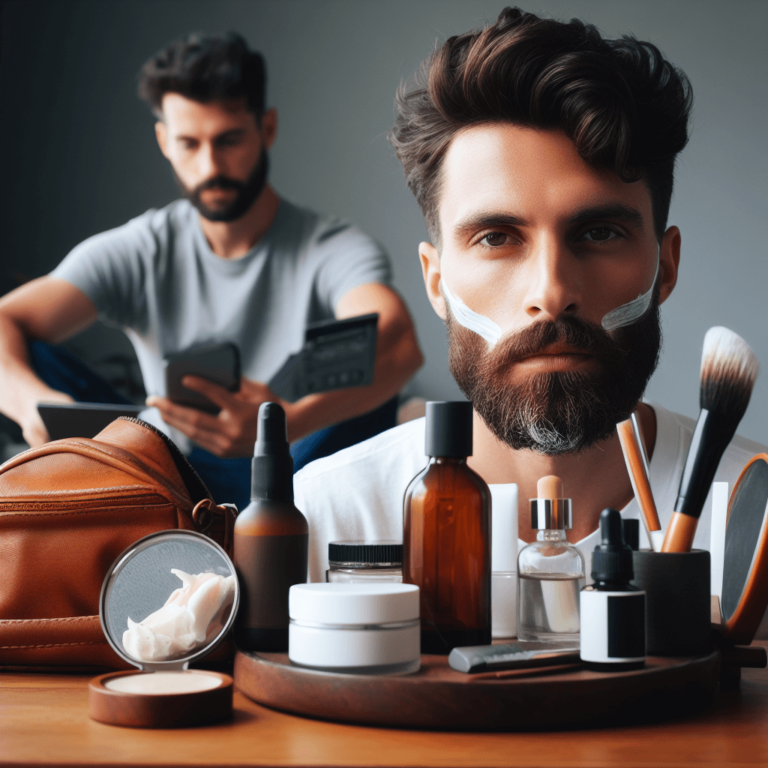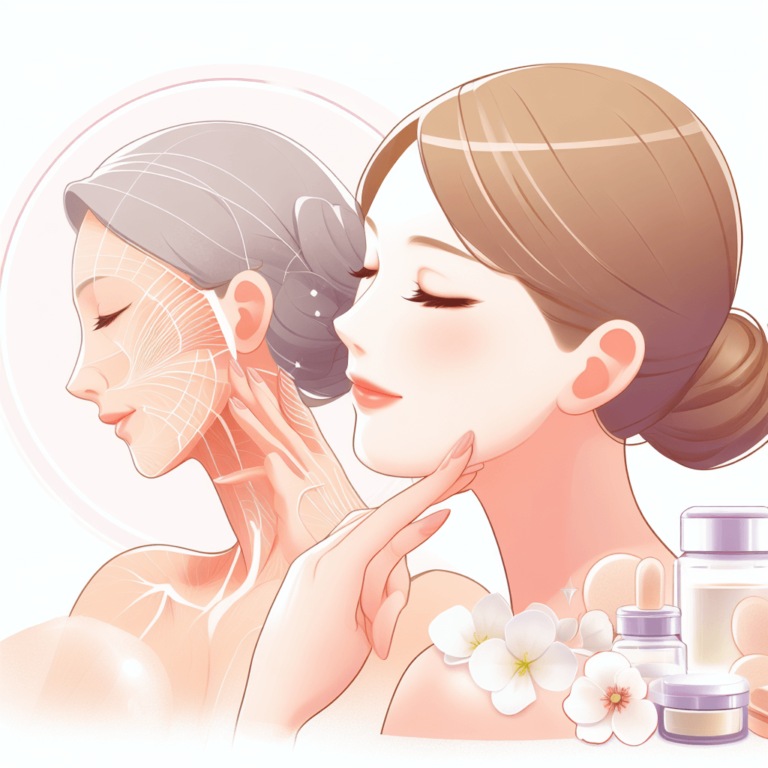Pore-Clogging Ingredients in Sunscreen
Sunscreen is a vital part of skincare, but for individuals prone to pore blockages, certain ingredients in sunscreen formulations might contribute to skin issues. Let’s uncover potential pore-clogging elements found in sunscreens.

1. Understanding Pore-Clogging in Sunscreens
Purpose: Pores can become clogged due to certain ingredients in sunscreen, leading to acne breakouts or exacerbating existing skin conditions.
Comedogenicity: Some ingredients have a higher comedogenic rating, meaning they are more likely to clog pores and cause skin issues.
2. Pore-Clogging Ingredients in Sunscreens
Oils: Some sunscreens contain oils like coconut oil, avocado oil, or cocoa butter. While these natural oils can be moisturizing, they might be too heavy for some skin types and potentially clog pores.
Silicones: Ingredients like dimethicone and other silicones are commonly used in sunscreens for their smooth, spreadable texture. However, they can create a barrier on the skin that might trap debris and contribute to pore blockages.
Fragrances: Artificial fragrances and some essential oils added for scent might irritate sensitive skin, leading to inflammation and potentially clogged pores.
Thickeners and Emollients: Ingredients like butylene glycol, isopropyl palmitate, and certain waxes are used as thickeners or emollients, which might not suit all skin types and could contribute to clogged pores. You can also check the ingredients using clogged pore ingredients checker.
3. Non-Pore-Clogging Sunscreen Alternatives
Mineral-Based Sunscreens: Look for sunscreens containing zinc oxide or titanium dioxide. These physical sunscreens tend to be less pore-clogging compared to chemical sunscreens.
Oil-Free Formulations: Opt for oil-free, non-comedogenic, and water-based sunscreens designed for sensitive or acne-prone skin.
Hypoallergenic and Fragrance-Free: Choose sunscreens labeled as hypoallergenic and fragrance-free to minimize potential skin reactions.
4. Patch Testing and Consultation
Patch Testing: Before applying a new sunscreen all over, consider doing a patch test on a small area of your skin to check for any adverse reactions.
Dermatologist Consultation: Seeking advice from a dermatologist can provide tailored recommendations for sunscreen suitable for your skin type and concerns.
Final Thoughts
Choosing the right sunscreen is crucial for protecting your skin without clogging pores. Understanding pore-clogging ingredients empowers individuals to make informed choices, ensuring sun protection without compromising skin health.






